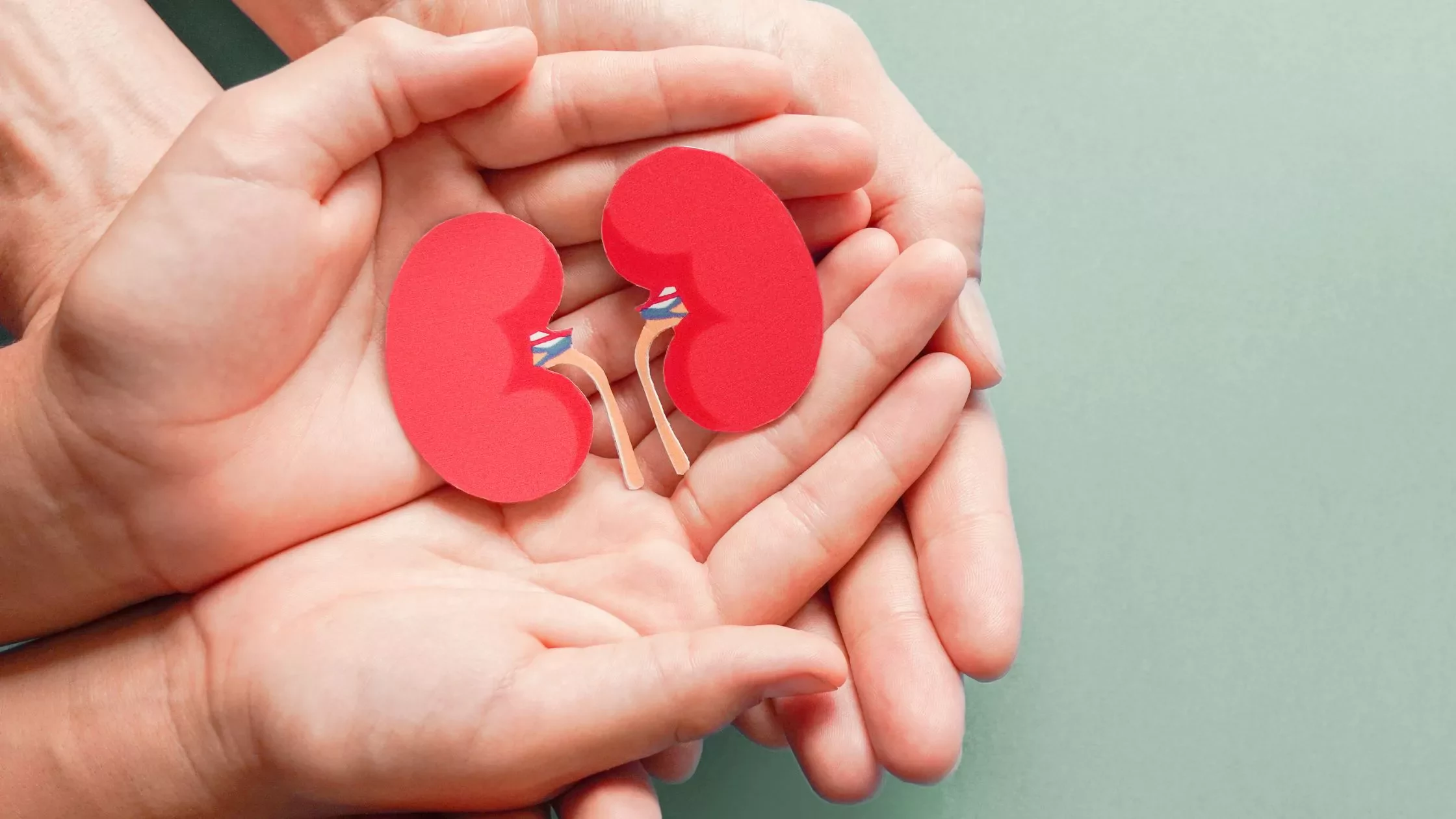Kidney transplantation is a life-saving treatment that provides hope to people suffering from chronic kidney disease (CKD), a severe condition that affects millions throughout the world. With an estimated prevalence of 10.6% among adults in India, CKD is a major public health concern. Kidney transplantation has emerged as a feasible therapy option for CKD patients, providing them with the opportunity to recover their health and improve their quality of life.
A successful kidney transplant is a huge step forward in a person's CKD journey. However, the road to recovery and long-term well-being goes beyond surgery. Adopting a healthy lifestyle after transplant is critical for maximising the transplant's benefits and ensuring good long-term health results.
The Road to Recovery
The healing period after a kidney transplant is often divided into two phases:
- First few weeks and months: The initial stage is characterised by rigorous monitoring and drug modifications. The replacement kidney eventually begins to work, and the body adjusts to the new organ.
- Considerations for the Long Term: Following the initial phase, the emphasis moves to long-term maintenance. Regular medical check-ups, medication adherence, and lifestyle changes become critical for maintaining renal function and general well-being.
The Importance of Medical Follow-up
Regular medical follow-up is critical for long-term success after a kidney transplant. These appointments allow doctors to evaluate the function of the transplanted kidney, modify medications as needed, and identify and handle any potential issues early on.
- Regular Check-ups and Lab testing: Regular check-ups allow for comprehensive evaluations such as physical examinations, blood testing, and imaging investigations.
- Medication Adherence: Adherence to prescribed medications is critical for preventing transplanted kidney rejection and addressing any underlying medical issues.
Dietary Recommendations
- Nutrient Balancing: A nutritious diet supplies critical nutrients while reducing the strain on the transplanted kidney. Phosphorus, potassium, and protein are three nutrients that are especially crucial for kidney function.
- The Importance of Hydration: Adequate hydration is critical for overall health and renal function. Fluid intake should be regularly controlled to avoid issues such as fluid excess.
- Management of Sodium and Potassium: Reduced salt consumption aids in blood pressure regulation and renal function protection. Limiting potassium-rich foods is critical for avoiding hyperkalemia, a potentially fatal illness.
- Protein Intake: Moderate protein consumption is needed, but it should be adapted to individual renal function. Protein-rich foods include lean meats, poultry, fish, eggs, and dairy products.
Exercise and Physical Activity
Physical activity is good for your general health and can be safely included in your post-transplant lifestyle. Begin slowly and progressively increase the intensity and duration of your workouts. Exercise routines should be adapted to individual fitness levels and gradually increased such as,
- Cardiovascular Health Aerobic Activities: Walking, swimming, and cycling are all aerobic exercises that promote cardiovascular health.
- Strength Training with Caution: Strength training can be beneficial, but it should be done under supervision to avoid damage.
- Yoga and Mind-Body Techniques: Yoga and meditation techniques can aid in stress management and relaxation. Mindfulness practices can increase emotional well-being and overall quality of life.
Mental Health and Emotional Well-being
- Coping with Post-Transplant Emotions: Anxiety and tension are frequent post-transplant emotions. The operation itself, the procedure's life-changing nature, and the requirement to adhere to severe lifestyle adjustments can all contribute to these feelings. A consultation with a mental health professional can provide significant information and assistance in dealing with emotional issues. Therapists can provide coping strategies, stress management approaches, and assistance in the development of healthy coping processes.
- Creating a Support System: Surrounding oneself with a supportive network of family and friends can be quite beneficial in coping with the emotional issues of a kidney transplant. Their compassion and encouragement can make a big impact. Connecting with other kidney transplant recipients through support groups might help you feel more at ease and understand what you're going through. Sharing experiences and coping skills can be really valuable.
Avoiding Complications
- Infection Prevention: Maintaining proper personal hygiene, particularly frequent handwashing, is essential for infection prevention. Seeking medical assistance for any indicators of infection, such as fever, lethargy, or urinary tract difficulties, as soon as possible is critical to avoiding consequences.
- Blood Pressure Screening: Maintaining normal blood pressure is critical for kidney health and overall well-being. The need for regular monitoring and adherence to prescribed drugs cannot be overstated. Maintaining normal blood pressure necessitates adherence to medication as well as lifestyle changes such as regular exercise, weight management, and a nutritious diet.
- Resuming Normal Activities Guidelines: Returning to work should be done gradually, with lighter responsibilities first and then progressively increasing burden as tolerated. It is critical to prioritise health and maintain a healthy lifestyle when returning to work and daily activities.





